In Argentine Patagonia, the city of Comodoro Rivadavia preserves the history of Bulgarian settlers, whose descendants still carry Bulgaria in their hearts today. Among them is Tzenka Guenova, who was born in Troyan, but arrived in Argentina together with her family in 1956 when she was still a child. Her life is an example of loyalty both to her new homeland, where she graduated from medicine and built a successful career as a chief physician in state hospitals, and to distant Bulgaria. Speaking to Radio Bulgaria, Tzenka Guenova told us how the language and family traditions have always drawn her to her roots.
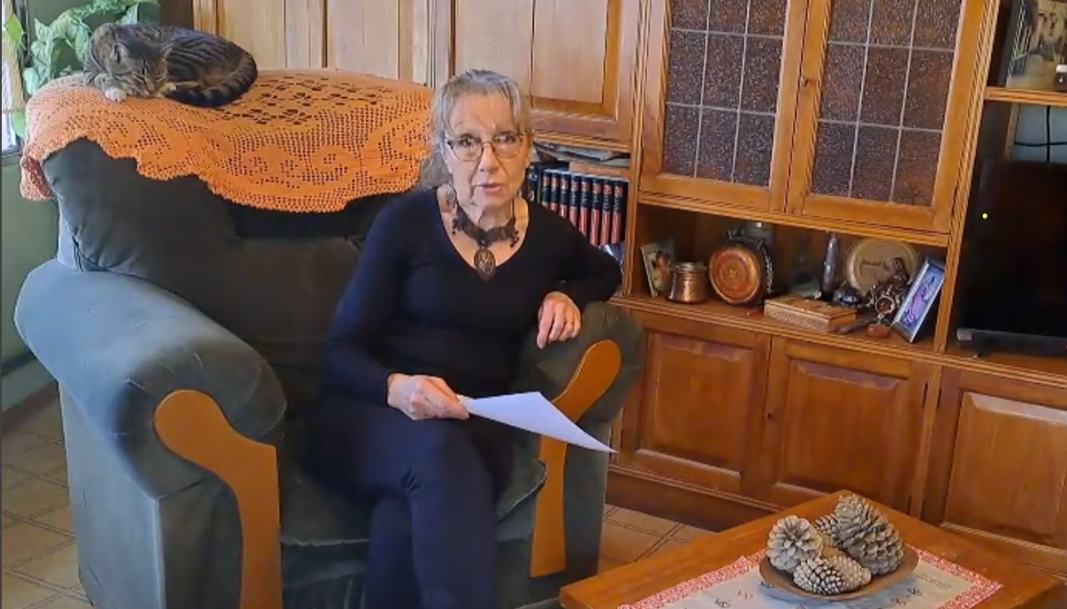
"We have always spoken Bulgarian at home. Back then, there were many Bulgarian families who settled here. There was a custom for families to gather, even far away from our native land. Now only the descendants remain – second or third generation Bulgarians. Very few are the sons and daughters of the first generation of Bulgarian settlers. Here, in Comodoro Rivadavia, there are no new immigrants who came after communism fell in Bulgaria. So, everyone is from the first wave of immigrants."
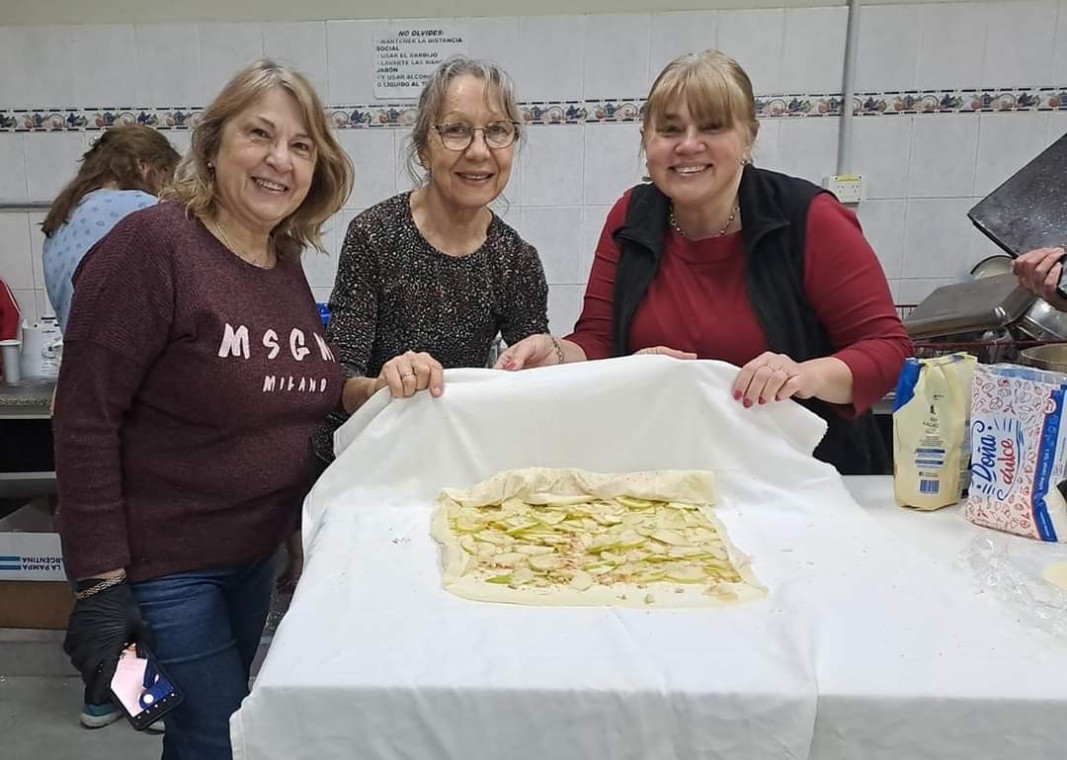
Today, this living connection is maintained through the activities of the Bulgarian cultural association "Kiril y Metodii", founded back in 1989. Among its founders is Tzenka's father. It is the heart of the community, the place where even young people who do not speak the language try to study and preserve the heritage of their ancestors through music, dance and traditions. "They have even learned how to prepare Bulgarian meatballs, kebab or sauerkraut and dishes with pork," Tzenka says. She herself is an active participant in the life of the association and happily talks about its initiatives:

"In the association we celebrate March 3rd the most, we give out martenitsas to the guests on these holidays. We explain the custom and tradition, where it comes from, what the date March 3rd means to us, who our heroes were. And we talk about history, because before that Bulgaria was not very well known. Now, in recent years, there have been social networks and a better opportunity to promote the country. In recent years, we have become part of the Federation of Foreign Associations. And the most important event is on September 4th - National Immigrant Day, when a queen is elected among the girls from the city."
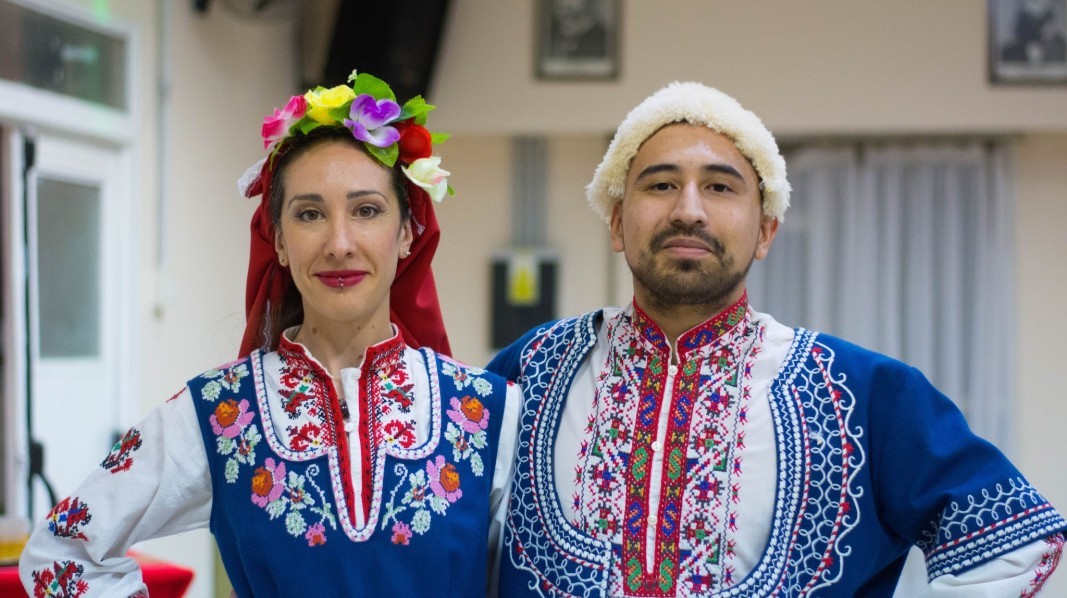
This year, Bulgaria was represented at the festival by the young cultural ambassadors of the association Ezequiel Quintero and Erica Perales, who leads the Bulgarian folk dance ensemble and participates in the vocal-instrumental formation "Orpheus". And despite the thousands of kilometers that separate the Bulgarian community from their distant homeland, the love for Bulgaria remains unchanged and strong:
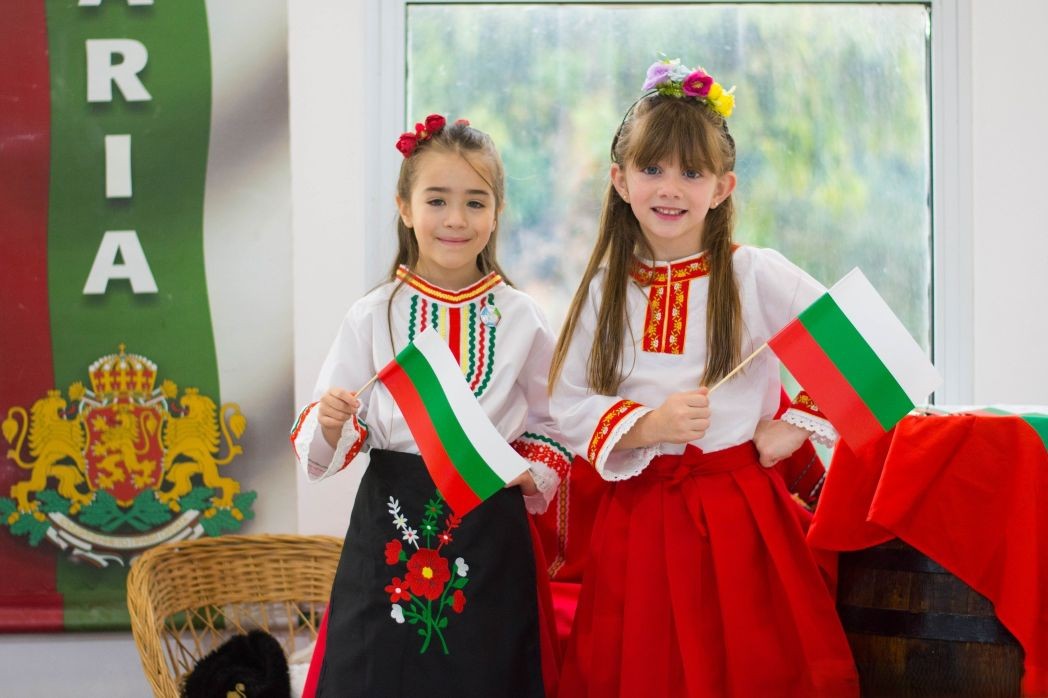
"What does Bulgaria mean to me? I am both Bulgarian and Argentine. And I cannot be here in Argentina without thinking about Bulgaria. And when I am in Bulgaria, I dream of Argentina. Immigrants can never completely sever ties with their homeland. Indeed, we are proud of this supposedly small country - Bulgaria. We are known as the oldest country in Europe and we have the oldest treasure, which was discovered near Varna. And we also have the oldest city in Europe - Plovdiv, which was once called Philippopolis. We must make Bulgaria better known and know how much it has given to the world," Tzenka Guenova says in conclusion.
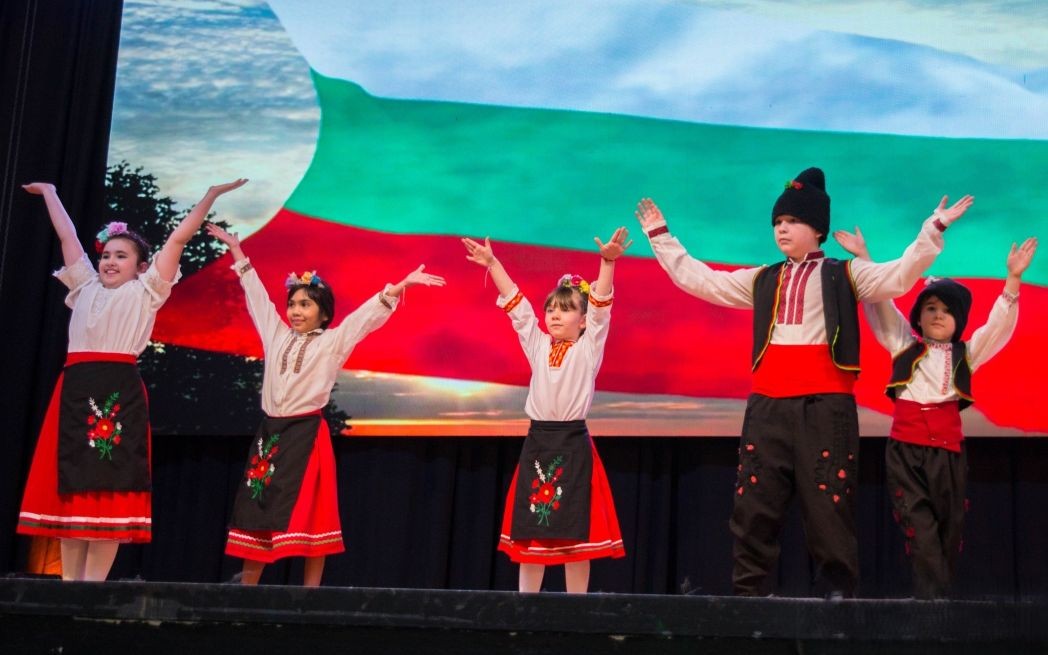
Author: Veneta Nikolova
Publication in English: Al. Markov
Photos: Bulgarian Association "Cyril and Methodius" - Comodoro Rivadavia, personal archive, Facebook /Asociación Búlgara "Kiril y Metodii"
"Folklore is a need for humans and this need will not disappear just like that, " says Assoc. Prof. Dr. Natalia Rashkova - ethnologist and folklorist, university lecturer and researcher with a strong contribution to the study of..
Researchers from Bulgaria and abroad are gathering in Sofia for a scientific conference. The forum will be held on October 16 and 17 in the building of the Institute of Ethnology and Folklore Studies with Ethnographic Museum at the..
The Sofia Zoo has a new resident – an 11-year-old male snow leopard, BNT has reported. He comes from Nordens Ark Zoo, located in Bohuslän, Sweden and is named Araatan. Some time ago, a female leopard arrived from the Helsinki Zoo,..
October 17, 2025 will go down in history as the date on which the Minister of Culture of Hungary presented the document with which the..
The center of Bulgaria's town of Asenovgrad is today turning into a colorful scene of flavors, aromas and traditions, in which the spirit of the Red Wall..
Veliko Tarnovo is hosting the Urban Wine Fest, organised by the Bulgarian Association of Wine Professionals. "October is the month of Bulgarian wine and..

+359 2 9336 661
